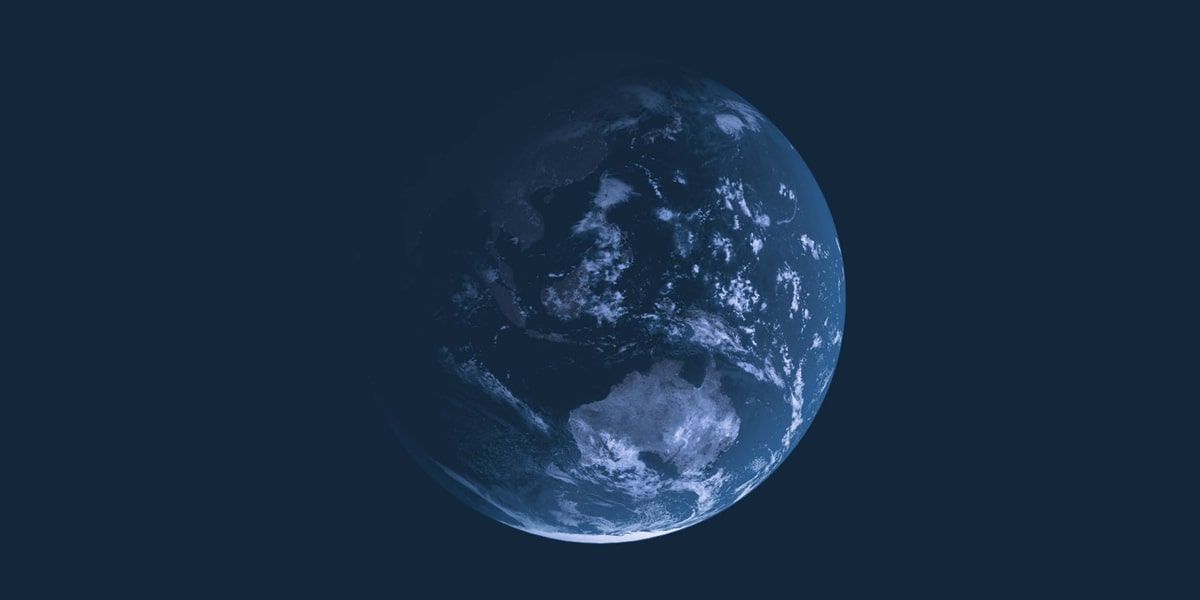As the Ukraine war enters its third year, the strategic goals of Volodymyr Zelenskyy and Vladimir Putin take centre stage
Originally posted in the ABC

The war in Ukraine has reached its second anniversary, giving an opportunity to reflect on the costs and lessons.
Much has been written about how grim the situation is. Many analysts have explored shortfalls in munitions and people, particularly in the Ukrainian armed forces, and how this has impacted frontline operations. The recent civil-military crisis in Ukraine saw the appointment of a new commander-in-chief but has had an impact on Ukraine's international reputation.
All of this should be understood within a broader context for this war. The most important aspect of context is the 2024 strategic goals held by the Ukrainian and Russian leaders.
What does Putin seek this year?
There is no mystery about Vladimir Putin's war aims. Explained in his speeches on February 21 and 24, 2022, and in many communiques since, Putin aims to keep the pressure on Ukraine and do everything possible to ensure that the world understands that Ukraine is not a sovereign nation. Putin also portrays Russia as the victim of a NATO plot and Ukrainian "Nazis". This is a narrative that he will continue to roll out this year.
While Putin is engaging in this misinformation campaign, he will exhort his military to seize as much Ukrainian territory as possible.
Russia is currently waging a wide-scale ground and air offensive across Ukraine. As the Russians continue to make small gains in taking Ukrainian territory, Putin will wish to convince the world that only Russia is capable of winning this war.
He has already convinced some in the US Congress of this. Putin appears to sense an opportunity for victory in 2024, although this is unlikely.
What does the Ukrainian president want?
Volodymyr Zelenskyy will seek to preserve the sovereignty of Ukraine as he and his soldiers have done from the beginning of the war. To achieve this, he must minimise territorial losses.
More importantly, Zelenskyy will want to preserve and rebuild his army. He has had to make a tough choice; hold territory and lose more troops or surrender territory and preserve his military for future offensives. Strategically, the latter makes more sense. This choice appears to have shaped the recent decision to withdraw from Avdiivka.
Three other presidential priorities will shape the trajectory of the war in 2024.
The first is an emphasis on strategic strike operations to keep Black Sea trade open and conduct economic warfare against Russian energy export infrastructure.
Second, development of a reinvigorated diplomacy, strategic information and influence campaign to adapt to changes in Ukraine's circumstances and sources of support.
And finally, Zelenskyy will focus on the reconstitution of Ukraine's armed forces including the mobilisation law, training in NATO countries and rethinking tactics. Zelenskyy has already directed that planning commence for a new counteroffensive.
What does this mean for Ukraine's supporters, including Australia?
First, strategic patience and commitment remains critical. Few citizens in Western democracies have any memory of long, large-scale conflict. While the wars in Iraq and Afghanistan each lasted over a decade, they were low-intensity, low-casualty conflicts which did not require any financial or personal commitment from most citizens.
The war in Ukraine is different. While Western military institutions may not be providing "boots on the ground", the war has necessitated a significant increase in military spending in Europe and beyond. This demands increasing defence budgets over the long term, and sacrifices elsewhere. The strategic patience and commitment among citizens of democracies is an essential foundation to this.
Second, the strategic patience of citizens in democracies is built on a foundation of knowledge and purpose. Contemporary politicians need to improve their capacity to explain modern war and the necessity of defending democracies (including our own).
Few Western leaders have consistently been able to speak with their citizens and build a cogent case for why Ukraine must be defended, and why the West needs to rearm to deter conflicts that could be even more catastrophic than Ukraine.
There are exceptions. Political leaders from the Baltic nations and Scandinavia, such as Estonian Prime Minister Kaja Kallas, have provided a shining example of leadership and an ability to explain the strategic purpose of supporting Ukraine. Western politicians need to learn from this and engage in a more robust, evidence-based conversation with their societies about the profound and gathering threat from authoritarianism. Explaining this begins with making the case for supporting Ukraine in 2024.
Finally, democracies need to put more resources into the mobilisation of industry. Europe and Australia have been late to understanding that this would be a long war. It is not too late however. Defence industries need to expand production to back fill inventory provided to Ukraine, ensure the flow of munitions and drones to the Ukrainian Armed Forces and provide appropriate "magazine depts" for Western military forces to deter further authoritarian aggression.
The recent Defence Strategic Review commits Australia to further expanding its defence production capacity. This could also allow it to provide more support to Ukraine.
There's room for hope
Despite the gloominess associated with many analyses of the war, there is much to be optimistic about.
An overwhelming majority of Ukrainians still believe in defending their nation, and this national will is critical.
European nations have awoken to the threat and are investing in defending Ukraine and themselves.
And, finally, Western democracies have faced grave challenges to their existence before and the very grimmest of circumstances in past war. Our citizens and military institutions have demonstrated the character, resilience and ability to learn and improve throughout history.
With good leadership, strategic patience and the appropriate investments in defence production, Ukraine and the West can persevere and survive in 2024.
